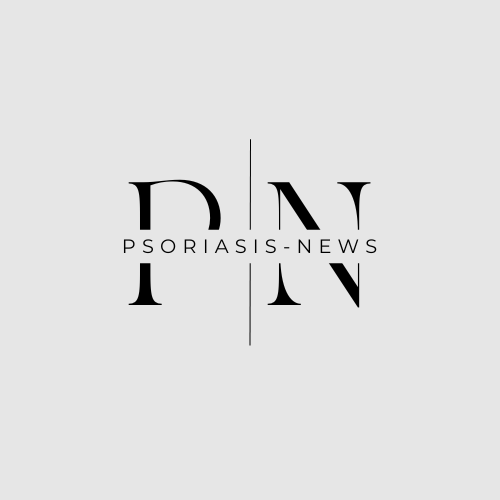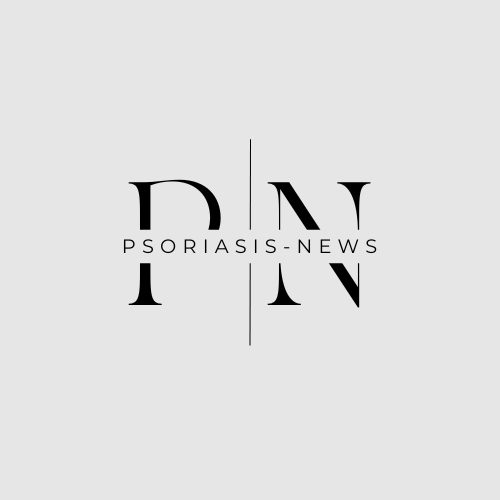Arch Dermatol Res. 2024 Oct 5;316(9):661. doi: 10.1007/s00403-024-03410-5.
ABSTRACT
Psoriasis, an inflammatory disease, is largely mediated by T-helper 17 cytokines. We have previously identified the immune system-released activating agent (Israa) as a novel gene that connects the nervous and immune systems. This research aims to investigate the role of the Israa gene in psoriasis in vivo using the imiquimod-induced psoriasis model. We established the model in C57BL/6 wildtype mice, which were then treated with 200 pg/mouse, 400 pg/mouse, or 800 pg/mouse of recombinant ISRAA compared to methotrexate. Subsequently, we also induced psoriasis in Israa-knockout mice to confirm the effect of Israa. Results consistently showed improvement in psoriasis in all groups receiving recombinant ISRAA. The 200 pg/mouse dose eliminated the disease, reduced the cutaneous release of IL-17 to one-third and TNF-α to one-sixth, increased IL-10 release to over 500 pg, completely resolved parakeratosis, decreased epidermal thickness to one-half, and reduced the expression of CD4 and neutrophil elastase in the skin (all p < 0.05). Israa-knockout mice exhibited less severe psoriasis in all scoring, biochemical, and histological parameters compared to wild-type mice (p < 0.05). This study highlights Israa as a crucial molecule in psoriasis and confirms its immunomodulatory role in inflammatory diseases.
PMID:39369132 | DOI:10.1007/s00403-024-03410-5

